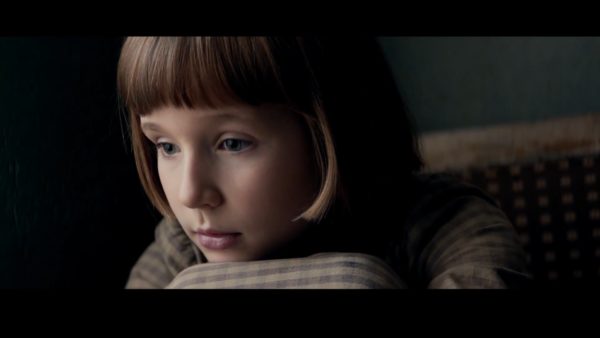
Nach Objektiven, Artikeln und Hilfe suchen
The story of a journalist in 1979 Communist Yugoslavia investigating a political murder.
“Being ultimately a narrative DP – I immerse fully into each project I’m working on, so at the beginning I tend to test a bunch of lenses, while discussing film’s visual identity with the director, and very often I end up choosing one of the Cooke’s set.”Bojana Andrić, SAS DOP
Lens/Camera Information
Lens series: S4/i
Focus lengths: 18, 21, 25, 32, 40, 50, 65, 75, 100, 135
Other lenses: Zoom 25-250 T3.7
Camera: Arri Alexa Mini
Format: Digital
Rental company: Cinnamon Film http://cinnamonfilm.com
Director of Photography: Bojana Andrić, SAS www.bojanaandric.com
Instagram: https://www.instagram.com/bokaandric/
Production Information
Production: Trail of the Beast
Director: Nenad Pavlović
Producers: Miloš Avramović, Tatjana Žeželj Gojković
Colourist: Nikola Stefanović
Production Company: Režim Production , Belgrade www.rezim.rs
DOP Bojana Andrić on the lens of her choice:
Ever since the first time I got introduced to Cooke lenses, as a student at the Film Academy in the early 2000s, I instantly fell in love with its gentle, yet astonishing look. Analog film was still reigning over the cinematography, only to be overthrown quite soon by the fast-developing digital era of filmmaking, as soon as I started working professionally. Thus, probably unconsciously, I always thrived to reach that cinematic feeling I grew up with, when I started my journey into film storytelling. Digitally made images are often very sharp and sometimes don’t seem natural to an observers’ eye. Especially, in the case of making period pieces.
Being ultimately a narrative DP – I immerse fully into each project I’m working on, so at the beginning I tend to test a bunch of lenses, while discussing film’s visual identity with the director, and very often I end up choosing one of the Cooke’s set.
When I first read the Trail of the Beast script, I knew that this piece was a wish come true for every cinematographer. We intended to portrait an inspiring setting of Communist Yugoslavia in the late 1970s, a country that had its glory on the surface, with darkness hidden deeply underneath.
With many challenges set in front of me during the shooting period, I needed a reliable set of lenses that I was already familiar with, a set that wouldn’t make any unpleasant surprises and that would give me the picture character I was looking for. I would like to emphasize the help these lenses provided to me with portraying of the main female character, but also assisted me greatly in depicting a mixture of Yugoslav Black Wave Cinema movement feeling, treated as a neo-noir film that meets Kurosawa, Kubrick, Kieslowski and Goddard, to name a few of our main references. To accomplish the monumentality needed for some of the shots, we combined focal distances on a carefully chosen locations. We also used Cooke 25-250 zoom lens T3.7.